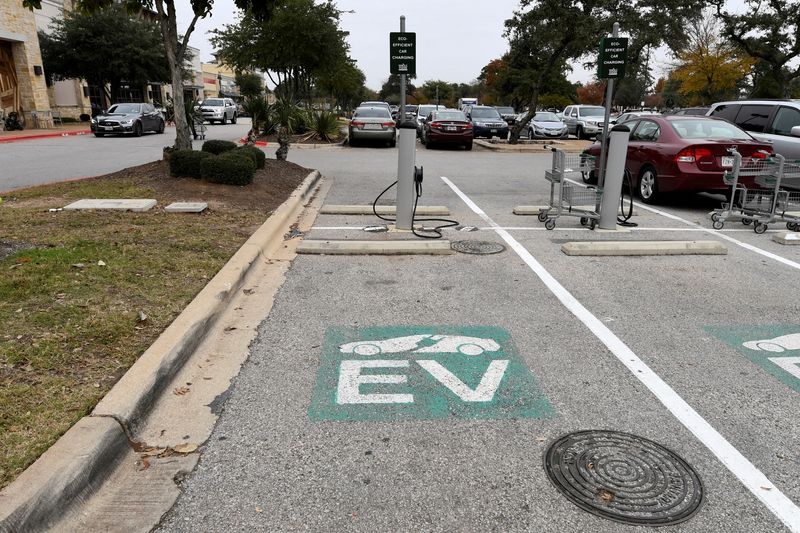Investing.com — Stifel analysts downgraded Canoo from Buy to Hold in a note Tuesday, citing growing concerns about the company’s liquidity risks.
The downgrade comes after a series of developments, including the suspension of production in Oklahoma and the company’s ongoing need for capital to sustain operations.
In their “30 Stocks in 30 Days” report, Stifel noted that while Canoo initially maintained a Buy rating due to its in-house technology and commercial delivery expectations, recent events have raised doubts about its financial stability.
Stifel highlights that “GOEV is in our ‘Butch Huskey’ category,” referring to a baseball player with early promise but unprepared for sustained success.
The downgrade reflects the concerns about Canoo’s ability to thrive in the competitive electric vehicle market.
Stifel explains that Canoo has an increasing need for capital, with the company actively seeking financing while grappling with rising operational challenges.
“The company consolidated its facilities to three from six, which has continued to impact its workforce. At the end of October 2024, it furloughed 23% of its Oklahoma City factory workers for ~12 week,” said Stifel. “A few days after the furloughs in mid-December, Canoo announced the rest of its staff would be on a ‘mandatory unpaid break’ through at least year-end 2024.”
These moves come as the company consolidates its facilities from six to three locations in an effort to cut costs.
In addition, the company’s cash reserves remain under pressure. Stifel points to the fact that Canoo has been in “active discussions regarding additional financing,” but without securing the necessary funds on favorable terms, it could face insolvency risks.
A recent filing from Canoo warned that without new capital, the company could be unable to meet its obligations, potentially leading to litigation or further financial difficulties.
Reflecting these risks, Stifel has lowered its revenue forecasts and reduced the stock’s target price to $0.50, down from $4.50.



